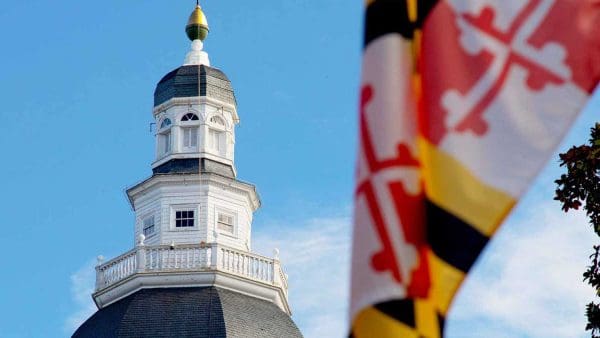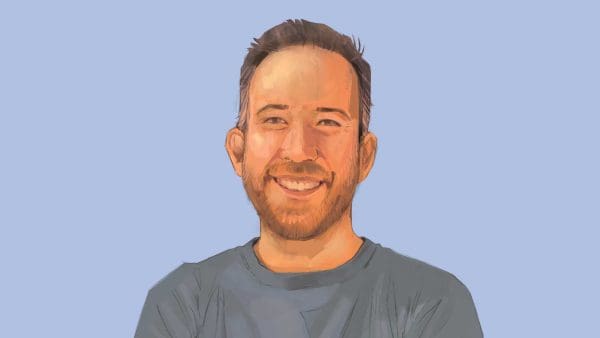
Ethnie Jones was 7 when she had her first eye exam. More than 50 years later, she still remembers the reaction of friends and family when she arrived back in her native Trinidad and Tobago wearing her new pink, cat eye glasses.
“Where did you get those? They are so cool,” she recalls being asked upon her return from her first visit to the United States.
After 28 years in practice, Jones, BA ’83, MD ’87, feels the same way about being an ophthalmologist.
“I think I am one of the luckiest people on Earth. I haven’t had any disappointments. I am totally happy with my career choice, with where I am in life. If I had it to do all over again, I’d do it the same way,” says Jones, who specializes in cataract surgery at the Virginia Eye Institute, where she is a partner.
As a comprehensive ophthalmologist, she also sees patients with diabetes, glaucoma, and other eye diseases at the institute, one of the largest eye groups in the country with 35 doctors and eight locations in the Richmond area.
The girl everyone knew as Ethnie Small wanted to be a doctor as she grew up in a small fishing village on the smaller (115 square miles) of the republic’s two islands in the Caribbean Sea. “Very few physicians came to the island of Tobago and certainly no women doctors,” says Jones, the oldest of four children, and the only girl.
In the early 1970s, her father’s role as a diplomat brought her family to the Maryland suburbs outside of Washington, D.C. She enrolled at Holton-Arms, an all-girls private high school in Bethesda, as a 10th-grader.
Since she was good at math and science, Jones says the guidance counselor at Holton Arms recommended the all-women Smith College and Johns Hopkins. Warned that Hopkins was only 25 percent female, Jones remembers thinking, “That sounds fine to me!” She visited the campus and fell in love with Hopkins, she says.
“I came from a small high school, 56 in the graduating class, and I thought a small university would give me a chance to get to know all my classmates, a chance to know my professors,” she says. “It was such a small university that the professors would invite you to their homes for dinner. I loved that. It felt like they really wanted you to succeed.”
Her major in natural science was common for many in pre-med, she says: “It gave you the good basics for what you would experience in med school.”
The first patient she saw when she began her private practice in 1992 was a young woman with a large lump on her eyelid. Jones says she was able to put the woman at such ease that she allowed Jones to remove the growth, which had been there for five years.
“I believe that, in most situations, I can solve the problem, and if not, I can get them help,” she says.
Her decision to become an ophthalmologist came during her internship at the National Institutes of Health after her first year of medical school. She was working in the lab doing genetic research when her advisor commented that she seemed more suited to working with people than in a laboratory. That led her to the National Eye Institute branch of the NIH, where she met Carl Kupfer, ’52 MD, the NEI’s first director, and his wife, Muriel Kaiser-Kupfer, ’61 MD. Their example, encouragement, and support—which included invitations to dinner at their home on weekends—convinced her that ophthalmology was the right career for her.
“Mentoring at Hopkins was really important to me, both in education and as inspiration. People like Dr. Levi Watkins and Dr. Claudia Thomas were very inspirational to me,” she says.
Their example motivated her to mentor students from the University of Richmond and Virginia Commonwealth University as well as work with downtown free clinics during her time in Virginia.
“With my exposure to Hopkins, I felt obligated to make sure I was able to serve people in the inner city, to find a way to give back to communities that didn’t have access to medical care,” says Jones, who is now a member of the Krieger School Advisory Board.
“When I was at NEI, I realized people’s vision is the one thing people are the most afraid of losing,” she says. “That’s why I am so happy doing what I’m doing. I’m helping people preserve their vision, so they can drive, so they can work, and see the people they love.”




